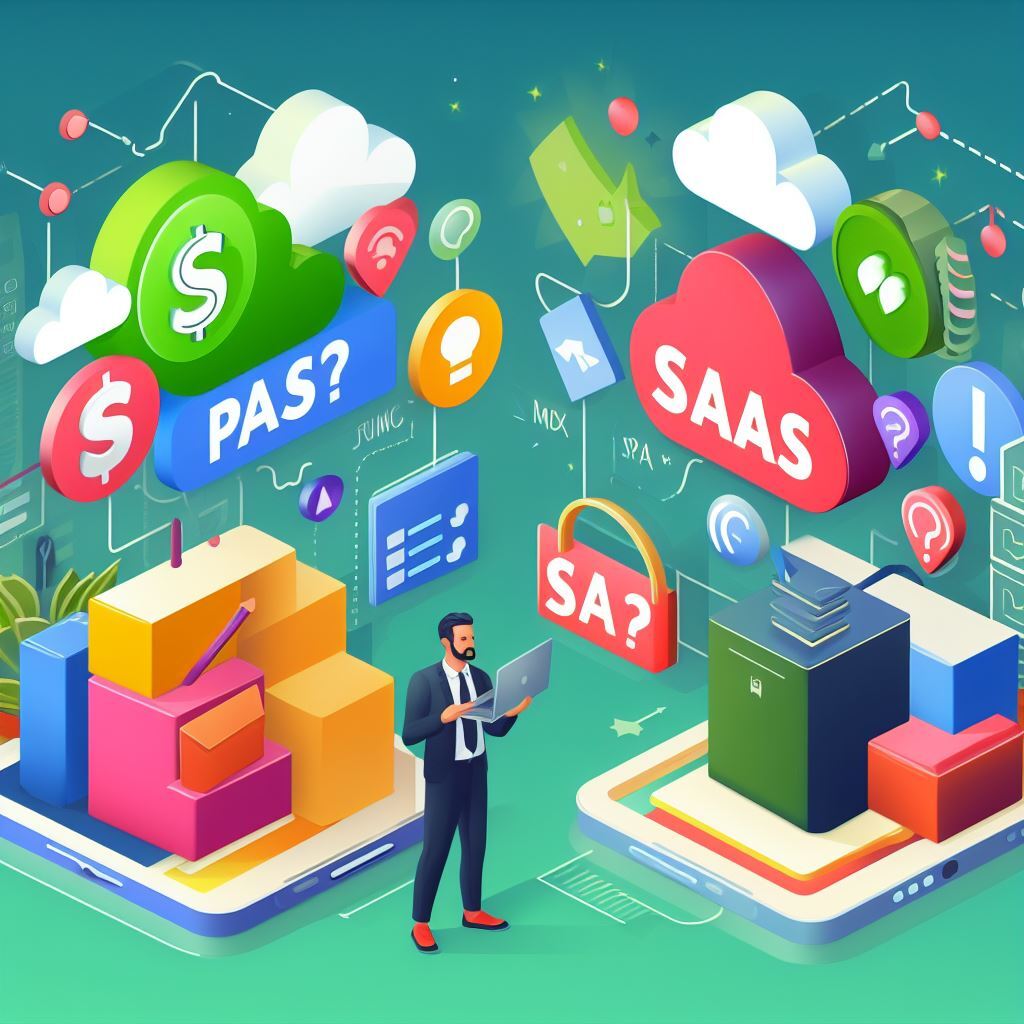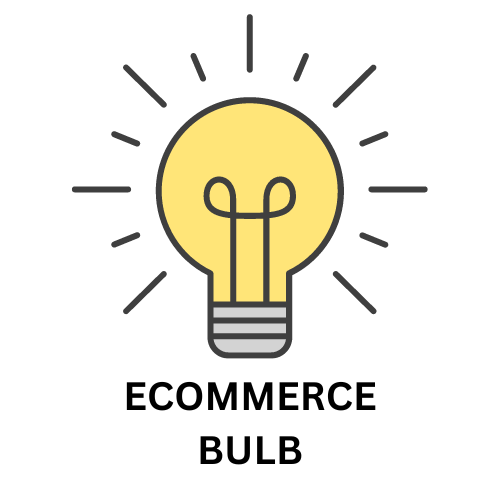
Introduction about Shopify
Before deciding the answer to the question (Is Shopify Paas or SaaS), we need to talk about Shopify.
Shopify is a leading eCommerce platform that enables businesses of all sizes to create, manage, and scale their online stores. It provides a comprehensive suite of tools and services that businesses need to run their online businesses, including:

- Store creation and design: Shopify offers a user-friendly drag-and-drop store builder for businesses to create a professional-looking store with no coding knowledge. Businesses can also choose from countless pre-designed themes or customize their own themes to match their brand.
- Product management: Shopify makes it easy to manage products, including adding new products, updating product information, and managing inventory. Businesses can also set up product variants, such as different colors or sizes, and create product bundles.
- Payment processing: Shopify integrates with almost all payment processors, such as PayPal and Stripe, to make it easy to accept online payments. Businesses can also set up recurring payments for subscription products or manage dropshipping for products without physical stock.
- Marketing and analytics: Shopify provides many tools to help businesses market their online stores, such as email marketing, social media marketing, and paid advertising. Businesses can also track their website traffic and sales to measure the effectiveness of their marketing campaigns.
What is SaaS?

SaaS stands for software as a service.
It is a way of delivering applications over the internet instead of installing and maintaining them on your devices. SaaS applications uses cloud provider for hosting, who takes care of security, updates, backups, and performance. You can access SaaS applications through a web browser or an app, & pay only for what you use. Some examples of SaaS applications are Salesforce, Oracle, HubSpot, and Microsoft Office 365. SaaS is part of cloud computing that include other services such as storage, databases, networking, and analytics. SaaS has many advantages for businesses and users, such as lower costs, higher scalability, easier collaboration, and faster innovation.
SaaS is a more hands-off approach to software deployment and maintenance. It can be a good option for businesses that do not have the IT resources or expertise to manage their own software infrastructure.
What is PaaS?

Paas stands for (Platform as a Service).
It is a type of cloud computing service that provides customers a complete cloud platform for developing, running, and managing applications.
PaaS includes hardware, software, and infrastructure resources with a cloud provider as a host, who takes care of security, updates, backups, and performance. Customers can access PaaS resources through a web browser or an app, & pay only for what they use. Some examples of PaaS providers are Microsoft Azure, IBM Cloud, Google Cloud, and Salesforce Heroku. PaaS has many benefits for businesses and users, such as faster time to market, affordable access to a wide variety of resources, more freedom to experiment with new technologies, easy scalability, and greater flexibility for development teams.
Read More: Is Shopify Better than Weebly as an eCommerce Platform?
What is the Difference between SaaS & PaaS?
The main difference between SaaS (Software as a Service) and PaaS (Platform as a Service) is the level of control the user has over the software and the underlying infrastructure.
SaaS is a fully managed service. The provider is responsible for all aspects of the software’s operation; including installation, configuration, maintenance, and updates. Users access the software through a web browser and do not need to worry about any of the underlying technology.
PaaS, on the other hand, provides a platform on which users can build and deploy their own applications. The provider manages the underlying infrastructure, but users have more control over the configuration and customization of their applications.
Is Shopify SaaS or PaaS?
Shopify is a platform that offers both SaaS and PaaS features. SaaS stands for (Software as a Service), which means that Shopify provides its eCommerce software via the internet. Customers can access and use the software, but they do not have control over the infrastructure or how software works. PaaS stands for (Platform as a Service).
Shopify provides customers a platform to build their applications and services. Shopify provides an API (Application Programming Interface) that developers can use to create applications and integrations for the platform.
Some of the benefits of using Shopify as a SaaS platform are:
– You do not have to worry about managing your servers or code.
– You can enjoy regular updates and security patches from Shopify.
– You can scale your business without investing in hardware or maintenance.
Some of the benefits of using Shopify as a PaaS platform are:
– You can customize your online store with various themes, apps, and plugins
– You can create your own payment gateways, shipping methods, and marketing campaigns
– You can leverage the power of cloud computing and data analytics
Shopify is one of the most popular SaaS platforms in 2021, with over 1 million users in 175 countries. It offers a wide range of features like customizable checkout process, support for multiple payment methods, and the ability to manage multiple storefronts from a single backend. If you are starting or growing your online business, Shopify is a good option.



Leave a Reply